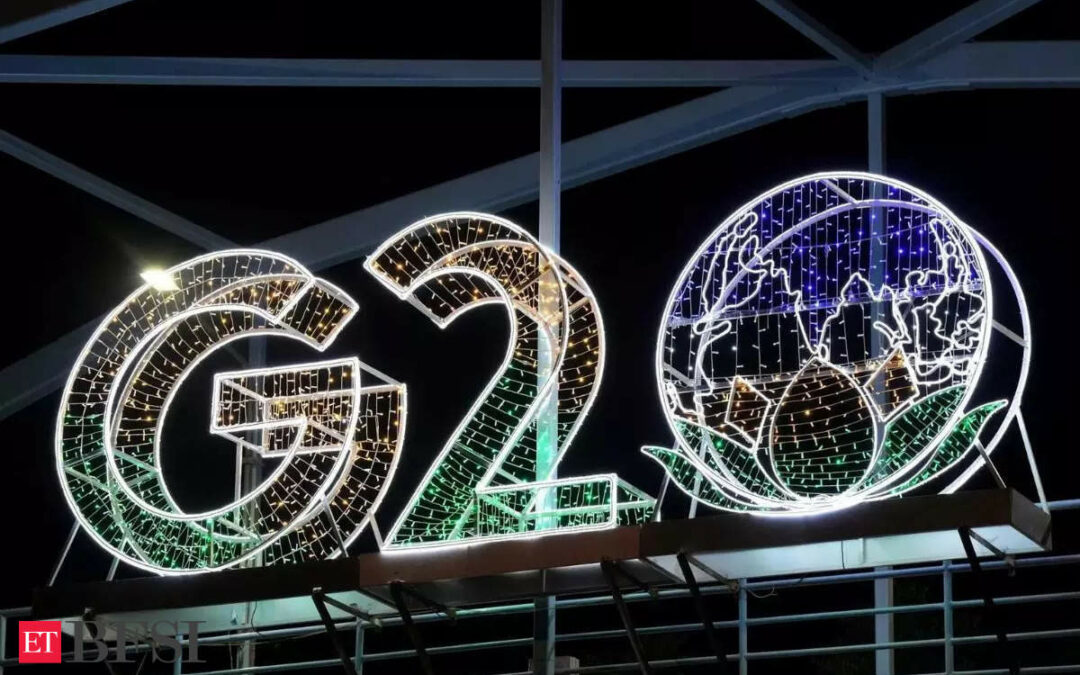The G20 Summit, taking place under India’s presidency, is poised to introduce a common framework for crypto assets, which aims to provide guidance on managing both financial and regulatory risks associated with digital currencies.
India’s G20 presidency has drafted a presidential note concerning the financial and regulatory implications of crypto assets. This note is intended to assist global leaders in forming opinions on these digital currencies.
The presidential note is a condensed summary of two reports on crypto assets submitted by the International Monetary Fund (IMF) and the Financial Stability Board (FSB). The IMF’s report focuses on economic and financial implications, while the FSB report centres on regulatory aspects. Both reports have been submitted to the Finance Minister and Central Bank Governors meeting.
The paper
An IMF-FSB Synthesis Paper, complete with a roadmap, is prepared to support a coordinated and comprehensive policy and regulatory framework. This framework will consider a wide range of risks, including those specific to emerging market and developing economies (EMDEs). It will also address the ongoing global implementation of Financial Action Task Force (FATF) standards to combat money laundering and terrorism financing risks.
The FSB and standard-setting bodies (SSBs) have been urged to promote the effective and timely implementation of these recommendations on a global scale to prevent regulatory arbitrage.
Common template
The objective is to establish a common template, including well-defined measures, for countries to adopt. This unified approach aims to mitigate the risks associated with crypto assets.
The G20 consists of 19 countries: Argentina, Australia, Brazil, Canada, China, France, Germany, India, Indonesia, Italy, Japan, South Korea, Mexico, Russia, Saudi Arabia, South Africa, Turkey, the UK, the USA, and the European Union (EU). Together, they account for over 80% of global GDP, 75% of international trade, and two-thirds of the world’s population.
The Multilateral Development Banks (MDBs) require additional capital support to address 21st-century global challenges while focusing on the development needs of low- and middle-income countries. It is expected that a consensus on the capital adequacy framework of MDBs will emerge during the Summit, potentially providing an additional lending capacity of $200 billion for low- and middle-income countries.
On the topic of financial inclusion, the G20 is expected to adopt a three-year Financial Inclusion Action Plan developed during India’s presidency. India’s presidency is poised to have a lasting impact on digital public infrastructure and financial inclusion.











